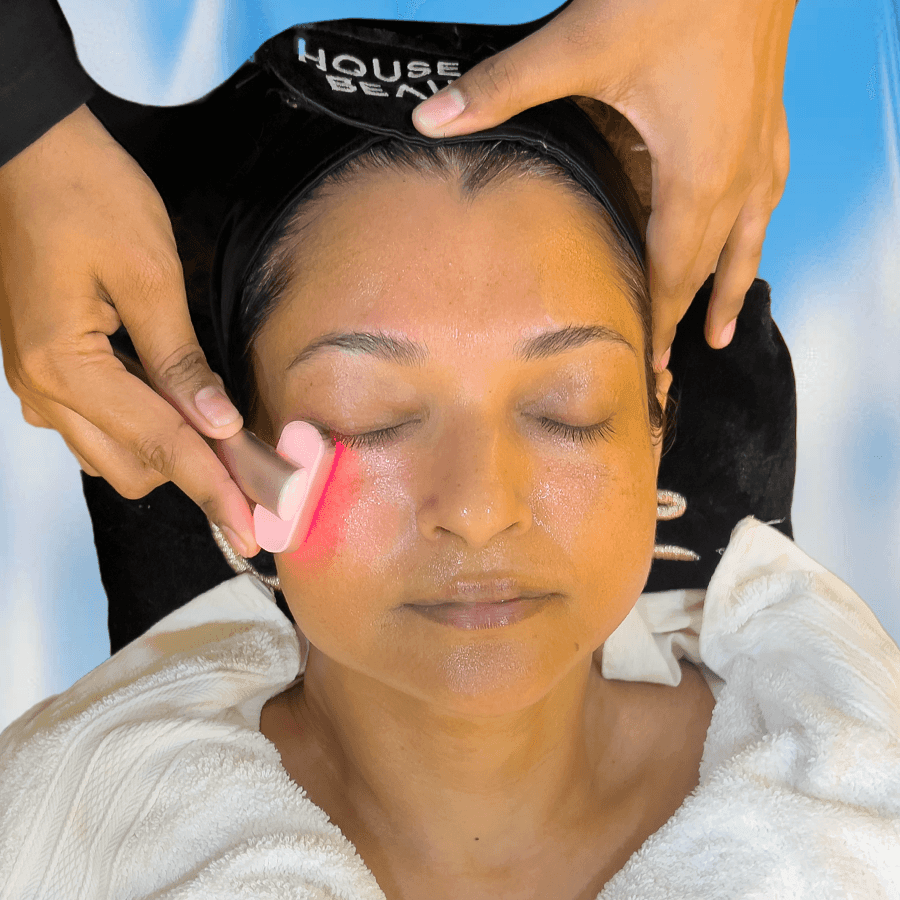From furtively asking chemists for condoms to seeing influencers openly endorse clitoral stimulators, India’s sex culture, while not truly enlightened, has come a long way. For years, the acquisition of sexual pleasure toys meant carefully packed imports via friends travelling abroad. And while even today, most Indians aren’t exactly ready to stroll into a store and casually buy a vibrator, there is no denying that in the last decade or so, they became more curious and more open to talking about these tools.
The demand was impossible to ignore—it was clear that the world’s most populated country enjoyed sex (the Indian sexual wellness market size was valued at US$1,153.5 million in 2020, and is estimated to reach US$2,095.4 million by 2030, registering a CAGR of 5.8 per cent from 2021 to 2030). Despite a lack of real sex education and open conversation, the desire for these products spurred the growth of the sexual wellness market. Legal constraints and societal norms demanded a subtle rebranding (swapping ‘wellness’ for ‘pleasure’) to make these products accessible while skirting stigma. Retailers have had to ensure that products and marketing material comply with related obscenity laws (for instance, Section 292 of the Indian Penal Code, which restricts the distribution of obscene materials).
Sachee Malhotra, who founded sexual wellness brand That Sassy Thing (TST), believes pleasure is wellness. “In the past, the narrative around pleasure has been clouded by notions of sleaze. We’re now normalising it, starting with positioning it as an integral part of our self-care routine.” TST’s focus is clearly women—on bridging the orgasm gap and giving women the reins to their pleasure, while providing a comprehensive understanding of the products. “We’ve not just been selling pleasure tools, but also creating sex-ed resources with some of the most credible sex educators in the country,” she says. Its latest launch, the Fiddle Massager, meets demands for a compact, travel-friendly tool that won’t raise eyebrows at airport security.
Sex therapist Neha Bhat highlights the popularity of tools like clit suction toys and vibrating dildos among her clients. “They find them supportive, pain-relieving, and easy to use, especially the clit suction toys, which are a big hit. Vibrating dildos are hugely popular to achieve penetrative stimulation,” she adds. Part of that is because of increased marketing and visibility—from influencer outreach to straight-up billboard ads (That Sassy Thing had one next to a Manyavar advert, Bhat recalls, grinning). “I mean, massagers have always been used. Now we’re just a lot more open about it.”
Leeza Mangaldas, a sex educator, took her insights from followers to launch Leezu’s, a sexual wellness brand whose star products include Pyaari, a dual-ended clitoral massager, Toofaan and Toofan Intense (soft strokers for men), and lubes like the water-based Love Jelly and the Coconut Self-love Oil. Her mission? To erase the faulty thought process around pleasure for both sexes. On the one hand, women would tell her they had never had an orgasm, and on the other, “men would reach out saying they feel deeply ashamed that they masturbate or are virgins in their 20s and 30s. My hope was to dismantle that shame and FOMO so that men and women would both take the time to enjoy their own bodies and sexuality in more mindful, compassionate ways than they’ve been conditioned to,” she says.
The reseller market might curate instead of creating, but it’s no less tricky. Arjun Siva, founder of Love Depot, an online store that sells multiple brands, knows the first step to curating a successful product lineup is understanding what your users will respond to. “We bridged this gap by leveraging global intelligence and insights from our sister [sexual wellness] brand, Skore, and educating our team through seminars at international summits like XBiz and AVN,” he says. Products are curated with cultural preferences and strict legal guidelines in mind. “Indian consumers are discerning, so every brand we list provides detailed information about the materials they use,” he adds. Vishal Vyas of MsChief echoes this sentiment, emphasising discretion in product design and packaging. “Data tells us that discretion is a key element in this category in India, where open discussions about intimacy are often still taboo,” he explains.
“The societal stigma around sex and most customers’ need for discretion is something we keep in mind at all times, although dismantling shame remains a primary goal of mine,” says Mangaldas. “These British-era obscenity laws, written 200 years ago, state that anything that appeals to ‘lascivious or prurient interests’ may be regarded as ‘obscene’.” These laws are vague enough in their phrasing to be applied liberally. To err on the safe side, sex-tech brands craft supremely discreet-looking products. “They’ll never have any sort of nudity or sexual imagery on their packaging and use euphemisms like ‘massager’ instead of ‘sex toy’,” she says.
Ask each of them to name their bestsellers, and dual massagers top the list: Pyaari at Leezu’s, Candy at TST, and the Crescendo at MsChief, all focused on women’s sexual needs. Partner toys like the Skore Buzz (a vibrating cock ring) at Love Depot, the MsChief Electro (a remote-controlled pleasure egg), and Leezu’s Toofan are a clear indicator that the secrecy of toy use is also being superseded for shared pleasure. “Long-distance toys, where one partner controls the other’s pleasure remotely, can bring a playful, kinky edge to relationships. The orgasm isn’t the end goal—the joy is in playing together, and toys make that possible in exciting ways,” says Bhat.
The normalisation of the pleasure tool may be taking a subtler route than the Western market for myriad reasons, but it’s definitely on the right track. “The market has grown significantly over the past five years (both globally and in India) and several factors have contributed to the demand,” Vyas believes, including the wellness and self-care push, more conversations around sexual health, younger customers, and the rise of e-commerce. Malhotra is still amazed at the role e-commerce has played in her making her business boom. “Close to 60 per cent of our business comes from Blinkit, and we only launched in May this year! Isn’t ordering a sexual wellness product while ordering your favourite ice cream a huge mindset change?”






